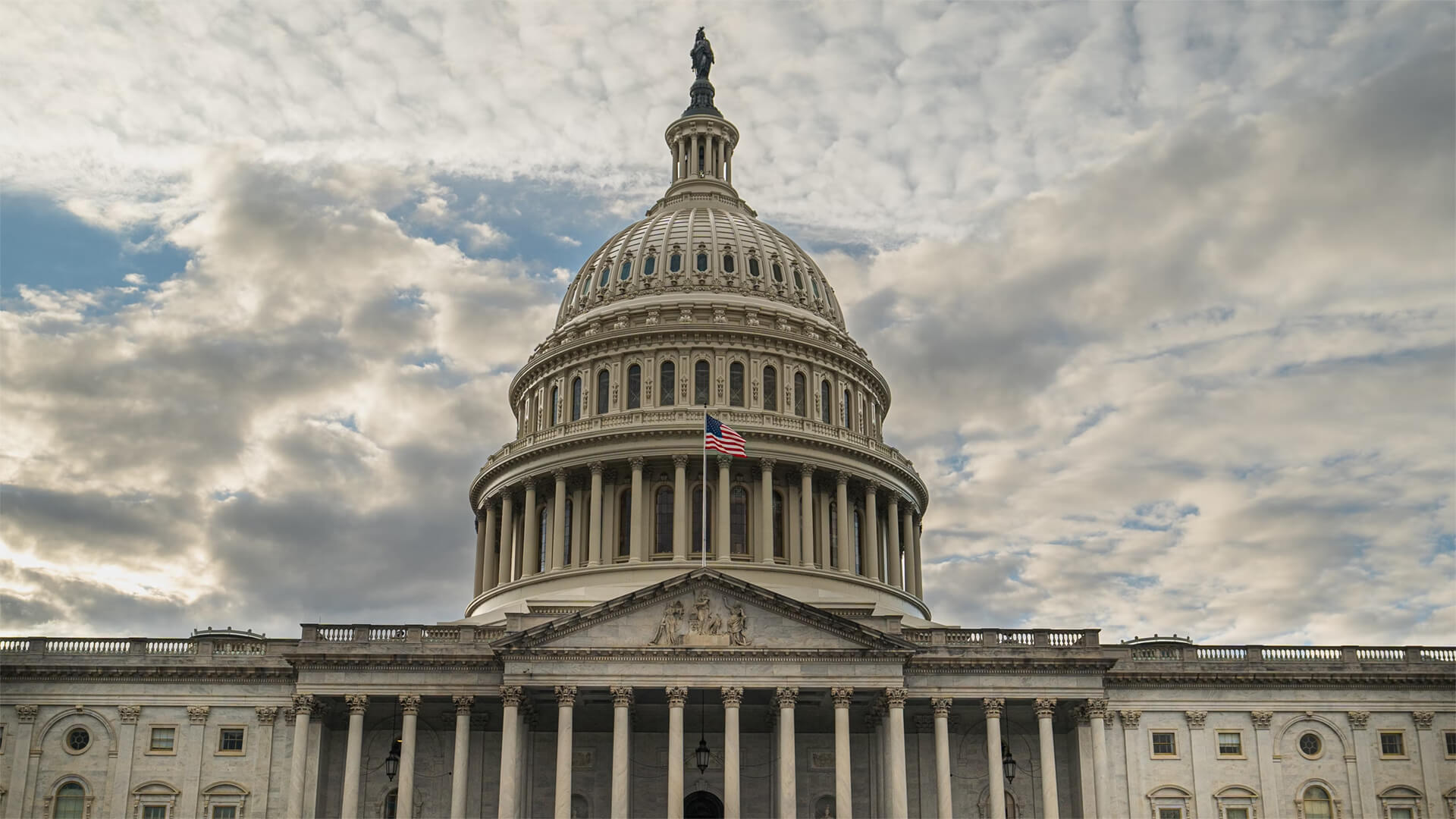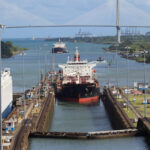Today, we’re looking at the countries that didn’t quite make the first team, but still have something to offer as a strategic partner to the US. Let’s break these places down.
In the Western Hemisphere, Argentina and Chile come to mind. They are resource-rich nations, have minimal strategic complications and offer a low-risk, high-reward partnership. In Southeast Asia, there are several countries that are in the conversation: Singapore, Malaysia, Myanmar, and Indonesia. These are rising economic powers with strong demographics that will likely benefit from the collapse of the Chinese system. Thailand might not have the demographics of these other countries, but it will continue to be a big player in the region (if they can sort that people problem out within three decades). In the Middle East, Oman represents a trusted mediator in the region that would help maintain influence and access to the Persian Gulf.
There are some real outliers on this list too; countries that have critical resources, but also bring a lot of baggage to the table. We’re talking about Saudi Arabia and Congo (Kinshasa). Each of these has materials critical to maintaining global supply chains, but governance and stability issues keep these places shrouded in complications.
While some of these options might seem dubious, they’re better than depending on somewhere like Russia. Obviously, we should prioritize countries with minimal security concerns, strong economic potential, or essential resources, but think of these “second round picks” as diversification to our alliance portfolio.
Here at Zeihan on Geopolitics, our chosen charity partner is MedShare. They provide emergency medical services to communities in need, with a very heavy emphasis on locations facing acute crises. Medshare operates right in the thick of it, so we can be sure that every cent of our donation is not simply going directly to where help is needed most, but our donations serve as a force multiplier for a system already in existence.
For those who would like to donate directly to MedShare or to learn more about their efforts, you can click this link.
Transcript
Hey everybody. Peter Zeihan here coming to you from New Zealand, the Brit track. We’re doing the second part of the Dream Alliance of the future. Last time we talked about the countries, you kind of have to have, countries where the lift is low, the payout is high, and the cultural connections are strong. So France, Japan, Mexico, Canada, Australia, New Zealand, in the United Kingdom, today we’re going to talk about the ones are a little bit more of an effort or a little bit more of a reach.
Let’s start in the Western Hemisphere. It’s two countries that are border one another, Argentina and Chile. Both of them have a lot of resources, are going to be in scarce supply in the world to come, especially food out of Argentina. But neither of them really have significant strategic complications. So these are kind of like friends. Plus, if you will.
Let’s see next, let’s move over to Southeast Asia. Those are the countries that are going to be like the really economic powerhouses in the future. Vietnam kind of made the first list, but the rest of Southeast Asia, most notably Singapore, Malaysia, Myanmar and Indonesia are definitely, high up on the country. You’re going to want to be with all of them a pretty good demographics, all of them have an existing industrial plant.
None of them have a recent history of going to war with one another. And as the Chinese system falls apart, this is the part of the world that is probably going to be most likely to pick up a lot of those pieces, so they won’t have an economic miracle in the way that China did. It won’t be that unhealthy, but it’ll last longer.
It will be more durable to be higher value added and unlike China, these are consumption led economies. All, the only complication in there is Thailand. Thailand is already significantly aging demographically, so probably only has about 30 years left before it’s in a German style demographic decline. Now, a lot can happen in 30 years, so I don’t want to write them off yet.
But if things don’t change, they will definitely be eclipsed by countries like Vietnam. But these countries, low security heartburn, high economic payout, beyond that, a couple that are really problematic. The first is Oman in the Middle East. And really, that is the only country in the Middle East that I think is really worth having a long term relationship with.
It’s not nearly as crazy, crazy places like Saudi Arabia. And it commands the opening to the Persian Gulf. So no matter what American foreign policy ends up being or not being in the Persian Gulf, having the ability to project power into it from the outside through Oman is brilliant. Also, if there’s one thing that everyone in the Persian Gulf agrees on, whether it’s Kuwait, Saudi Arabia or Iran, it said the Omanis are okay.
They are a great interlocutor. They’re a great mediator for anything that’s happening in the region, no matter how blam it gets. So it’d be lovely to have them in the outer circle of allies. And then the final one, it’s one I almost didn’t consider. But in the world are moving to a lot of the places where raw materials come from are going to be really unstable.
And there are a few places in the world that are just have so much of it in incredible concentration that we’re going to need them one way or the other. And the two countries in question are Saudi Arabia and the Congo. These are countries that are massive producers of raw materials that do very little with refining, very little with value out of their basically mines with people.
And we’re going to have to figure out some way to continue to access the copper, the cobalt, the platinum, the palladium, the diamonds and all that other good stuff that these two countries just have in spades. Because if we can’t figure that out, the only other real player in the world that is going to be able to produce the volumes of material we need now, it’s Russia.
And the whole point of going away from globalization is that you lose those strategic complications. So Congo, South Africa, despite all of their problems, and there’s a list so much better than dealing with Moscow.








